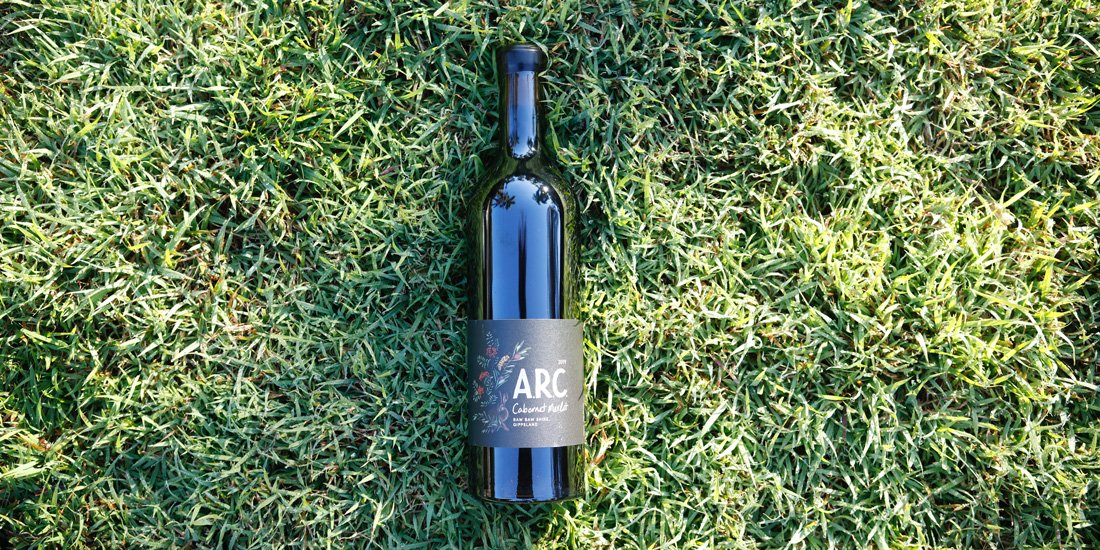
The Drop with Olivia Evans – what are biodynamic and organic wines?
The use of the phrase ‘farm to table’ has been exhausted in its endeavour to create an idyllic image of fresh produce. The authenticity in statements of ‘sustainability’ and ‘natural’ is starting to blur – the terms have been both championed by devoted producers and exploited by others. That’s evident in the food industry, but what’s to say about wine? At its roots, wine is an expression of agriculture. The farming aspect of wine is overlooked, convoluted or often just misunderstood. So with that in mind, I readily welcome a topic that I hold in high regard, sustainable viticulture. In this issue of The Drop we are going to explore the foundations of organic and biodynamic farming, how that applies to wines, and why you should drink them.
Although Australia’s wine industry dates back to the 1800s, wine became a product of industrialisation after a boom of European settlers following the Second World War. The 1950s to 1980s saw our production of sweet wines turn to bold table wines that could be produced and exported at scale. More recently, in the last two decades, winemakers in Australia – those considered ‘forward thinking’ or ‘avant-garde’ – have revolutionised small-scale production, exploring practices that support the longevity of the land. Perhaps the words organic and biodynamic sound familiar?
The principle of organic farming is an approach to farming that focuses on removing artificial or synthetic applications on the farm or, in this case, the vineyard. It aims to work with nature, rather than against it, by encouraging healthy soils and nourishing plants with natural matter – take compost, for example. Organic farming prohibits the use of artificial fertilisers, chemical herbicides, pesticides and genetically modified products. Not all wines that are produced organically are certified. The regulations of certification are strict and costly, so it is admirable for a business to choose this path. Organic wine certification can be a process that is out of reach for many small producers who are still dedicated to making their product this way. Genuine winemakers who source organic fruit are generally transparent about their philosophy. A simple search will help establish their practices and help weed out the brands that are simply joining the marketability of the ‘organic trend’.
Biodynamics is an approach that takes organic viticulture a few steps further into a more regenerative from of viticulture. It is a holistic and philosophical approach to farming developed by Rudolf Steiner in 1924. The principles of biodynamic wine consider the farm as one integrated being, where soil, sun, microbiological matter and animals all work harmoniously to create biodiversity and, therefore, life giving energy to the farm. There are many preparations that are specific to biodynamic farming that are used as applications to nourish the land, with the most distinct being horn manure. All steps in biodynamic farming are led by a calendar that works with the cycles of the moon, stars, sun and Earth. The calendar dictates when preparations should be applied, vines should be pruned and grapes should be picked. There is a biodynamic calendar to advise drinkers when their wine will taste best. It sounds a little left of centre, but I truly believe it helps to create quality produce and promote the continued health of the environment.
For many producers, sustainable practices are not just for the benefit of the land, their families, the wines and us consumers – it also has a direct relationship to the style of wine they are producing. Employing techniques such as picking fruit early to preserve natural acid, using neutral ageing vessels to express fruit purity and exploring the use of varieties that better suit the growing conditions of the land all create styles that emulate words like ‘fresh’, ‘crunchy’ and ‘lively’. These are a welcomed detour from the 80s blockbuster wines of power and sunshine-drenched fruit.
Wine is a human practice and therefore everything we create will have both positive and negative by-products. Arguably you could say that the most sustainable way of making wine is to not make it at all – but where would the joy be in that? Like many things in life, it’s good to ask questions and if finding produce that fits in your moral compass is important, then we are lucky to have so much choice. I take my hat off to dedicated sustainable farmers everywhere and happily hold out my glass to all of those who do so with grapes.
If you have a thirst for some organic or biodynamic drops, here are a few of my favourite producers and their wines …
Marion’s Vineyard ‘Lunacy’ pet nat müt – Tamar Valley, Tasmania (biodynamic)
Smallfry riesling – Eden Valley, South Australia (biodynamic)
Cullen Wines ‘Amber’ sauvignon blanc/semillon – Margaret River, Western Australia (biodynamic)
ARC Wines ‘Baw Baw Shire’ cabernet sauvignon/merlot – Gippsland, Victoria (biodynamic – pictured)
Our knowledgable wine friend Olivia Evans is a certified sommelier, as well as a budding wine writer and documentarian. Look out for new editions of The Drop on the last Thursday of each month.
The Stumble Guide is our comprehensive Brisbane dining guide with more than 2400 places to eat, drink, shop and play.
